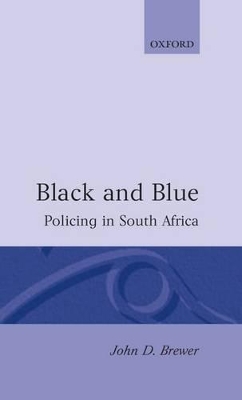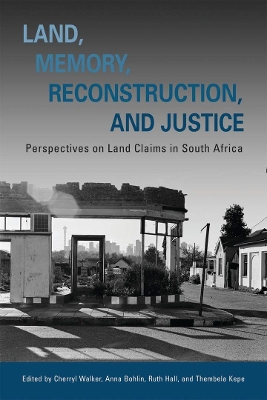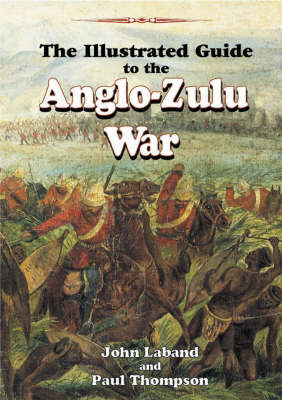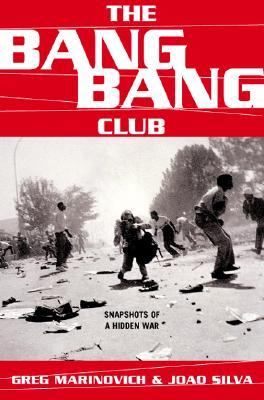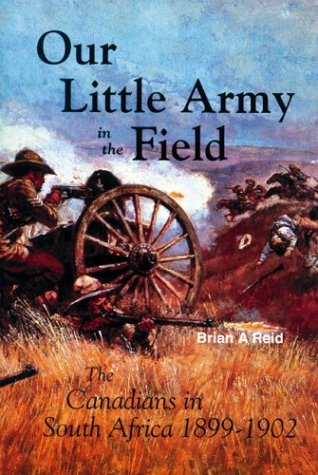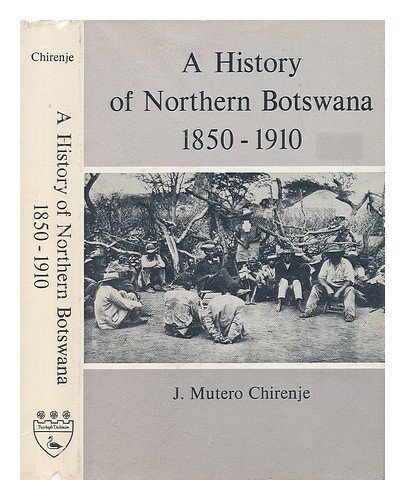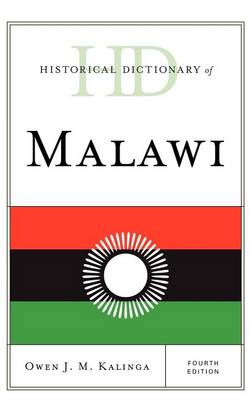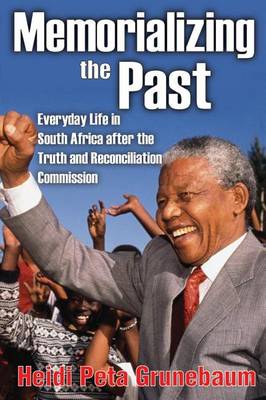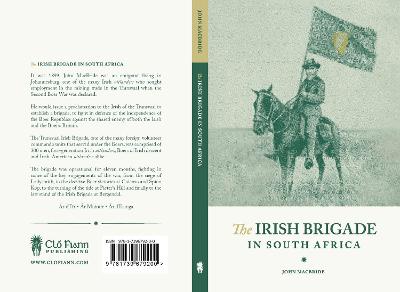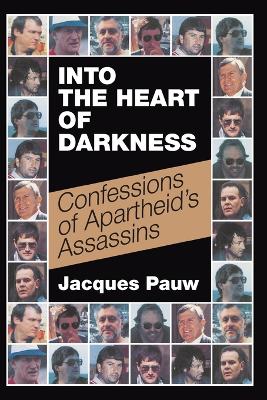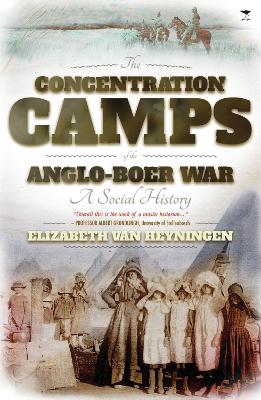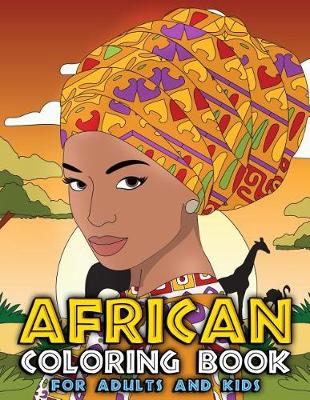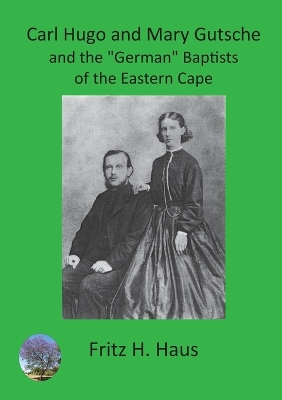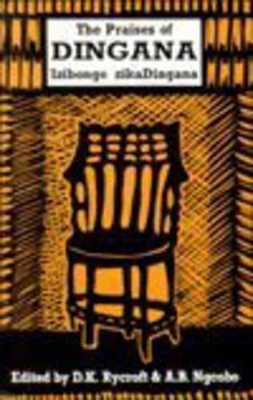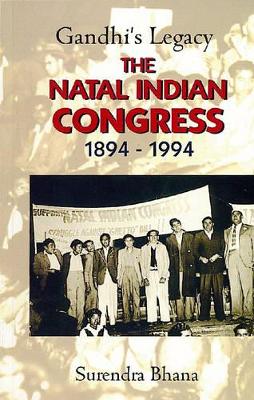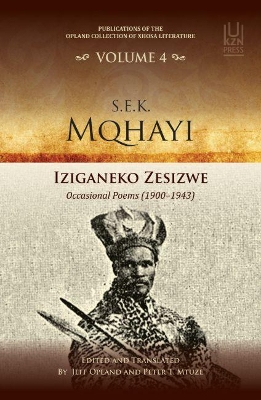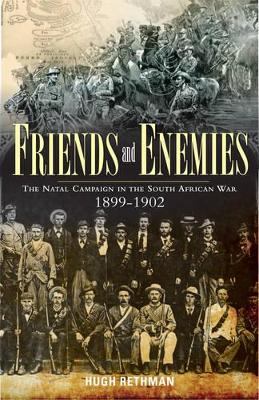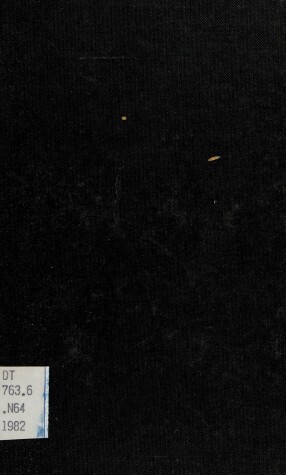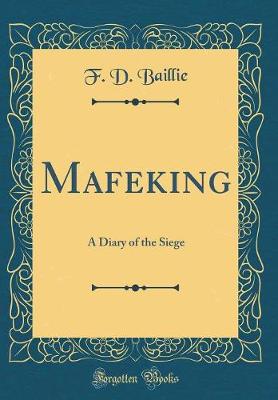The South African Police is one of the world's most controversial police forces. In this, the first detailed study of the origins and development of policing in South Africa, John Brewer places current allegations of police misconduct in their historical context. Long after similar forces elsewhere in the world had been modernized, the South African Police were continuing to discharge a colonial role, using the methods and style of the nineteenth century. Dr Brewer links this lack of developm...
Land, Memory, Reconstruction, and Justice
by Cherryl Walker, Anna Bohlin, and Ruth Hall
Political Economy and Identities in KwaZulu-Natal
The Illustrated Guide to the Anglo-Zulu War
by J.P.C. Laband and Paul S. Thompson
This work is a comprehensive, illustrated guide to the clash in 1879 between the British Empire and the Zulu Kingdom. It describes and explains the origins of the conflict, the Zulu and British and colonial military systems, the combatants' tactics and strategies and the course of the campaign. There are maps of military operations and the battles, diagrams of fortifications, and additional pictorial material all of which provide a dramatic and visual explication of the war. The aim is both to l...
The Bang Bang Club, Snapshots from a Hidden War
by Greg Marinovich and Joao Silva
World City Syndrome: Neoliberalism and Inequality in Cape Town
by David A. McDonald
A study of chronological facts as well as personalities, social issues, and economic factors, with an analysis of the influence of Western culture on four particular tribes of the Tswana nation: Kwena, Ngwaketse, Ngwato, and Tawana.
South African Anthropology in Conversation
by L Dickson and D Spiegel
Historical Dictionary of Malawi (Historical Dictionaries of Africa)
by Owen J Kalinga
Part of a new series for 14 to 17-year-olds which discusses the important issues that affect the lives of people today. The series should prove of interest to students of personal education and social studies courses, as well as being useful as background reading for history and geography syllabuses. South Africa expands its central narrative through detailed case studies, talking points and focus boxes and questions designed to stimulate debate. Allan Leas is the author of "The Abolition of the...
The concentration camps of the Anglo-Boer War
by Elizabeth Van Heyningen
This is the first general history of the concentration camps of the Anglo-Boer or South African War in over fifty years, and the first to use in depth the very rich and extensive official documents in South African and British archives. It provides a fresh perspective on a topic that has understandably aroused huge emotions because of the great numbers of Afrikaners, especially women and children, who died in the camps. This fascinating social history overturns many of the previously held assump...
African Coloring Book for Adults and Kids (Black Is Beautiful Activity Books, #1)
by Kali Jabari
Carl Hugo and Mary Gutsche and the German Baptists of the Eastern Cape
by Fritz H Haus
The praises of Dingana (Killie Campbell Africana Library)
Founded by MK Gandhi early in his career, the Natal Indian Congress is one of the oldest political organizations in South Africa. This book traces its course through colonial anti-Asiatic feeling, past apartheid, and into the new democracy.
S.E.K. Mqhayi: Volume 4
Samuel Edward Krune Mqhayi (1875-1945) was the most prominent South African imbongi of his day, a Xhosa oral poet who declaimed his impromptu poetry on occasions of significance to his people. The author of numerous works of poetry, fiction and non-fiction, biography, autobiography and translation, Mqhayi's contributions to Xhosa-language newspapers remains unparalleled in scope and volume. This book reclaims and assembles a chronological sequence of Mqhayi's occasional poems, for the most part...
When the Boer Republics invaded Natal in 1899, the invaders could have been driven out with casualties measured in hundreds. Instead Britain was to lose nearly 9,000 men killed in action, more than 13,000 to disease and a further 75,000 wounded and sick were invalided back to Britain. The war ended in 1902 with a very unsatisfactory Peace Treaty. At the start of the conflict Britain's Generals were faced with problems new to the military establishment. Shows of force did little to intimidate a d...
From Crewe to the Cape
by Mark Potts, Tony Marks, and Howard Curran
